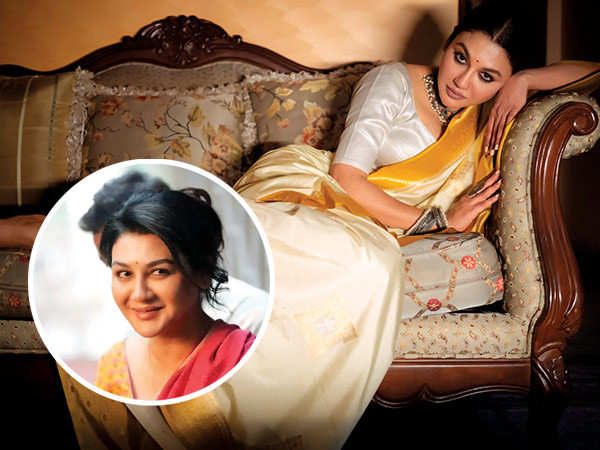
The famous Bangladeshi actress Jaya Ahsan recently made her Hindi debut with Kadak Singh. She plays the other woman in the film. Yet, it’s a character you root for. She has infused it with grace, charm and dignity and has made a home in the hearts of Hindi audience in the process. She’s one of the best actresses from the Bengali industry that we have today. She won the Filmfare Award for Best Actor in a Leading Role (Female) for Bishorjan and Binisutoy, and Critics’ Award for Best Actor (Female) for Robibaar and Bijoya. She’s also the winner of six Bangladesh National Film Awards. In her first-ever interview with Filmfare, the actor looks back on her journey and more…
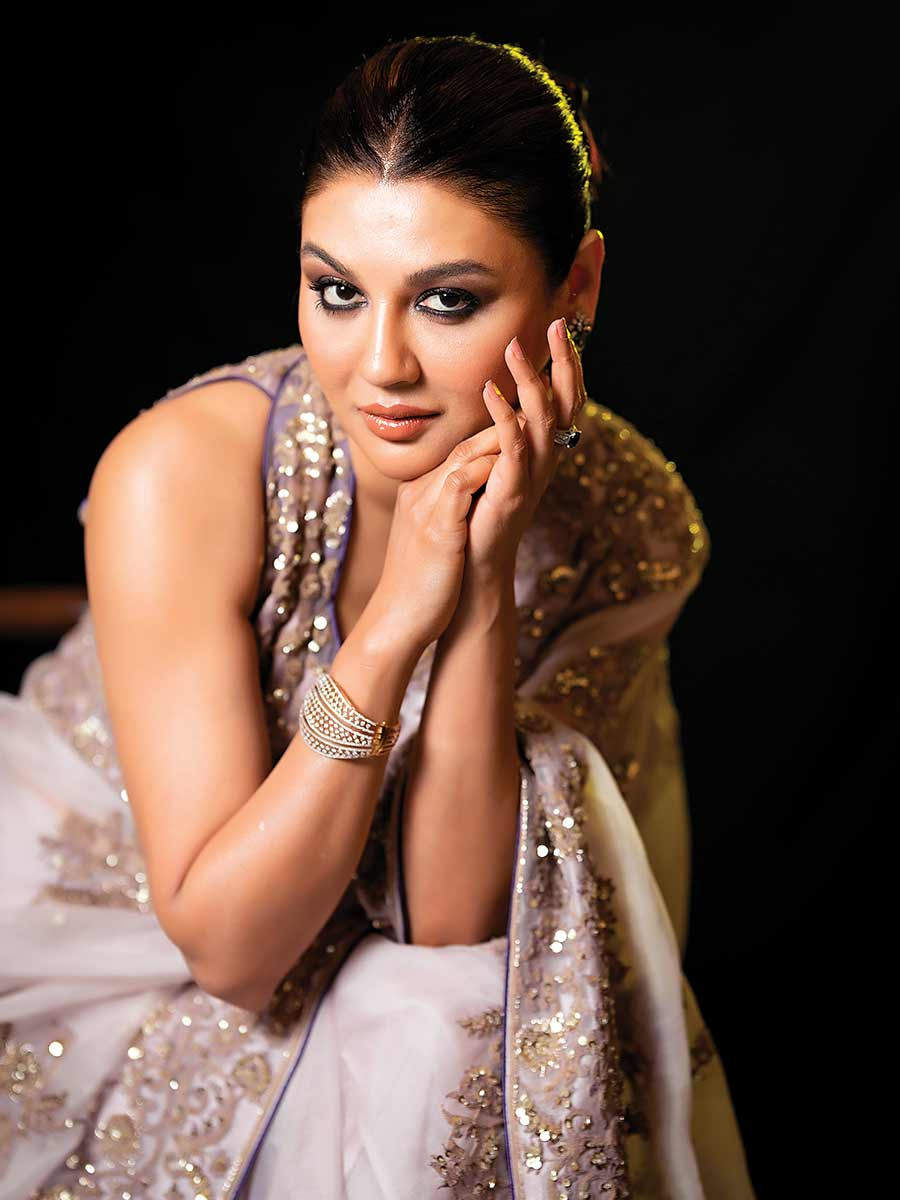
Was Kadak Singh the first opportunity that came your way in the Hindi film industry?
No, I did get a few OTT offers. But I felt this was the right time and I wanted to work with Tony Da (Aniruddha Roy Chowdhury). He has been on my bucket list forever. And who would say no to working with Pankaj Tripathi? My role was short, but the character to me, was interesting with a lot of layers. It was the other woman that we so easily bracketed in general. Her relationship with AK Srivastava (Pankaj Tripathi) is so nuanced. That’s what seemed interesting to me, and so I took it up.
Does being a six-time Bangladesh National Film Award winner come with pressure and expectations for you?
I have never been bothered about what people around me are expecting when you put it that way. I have only been concerned about how I feel and how I keep challenging myself and getting better at what I do. I have always wanted to do work outside my comfort zone. I probably took up Kadak Singh on a whim. I learnt Hindi and now I can speak fluently and read as well. Mumbai is a big place and for an artiste to prove herself there, it was exciting to me.
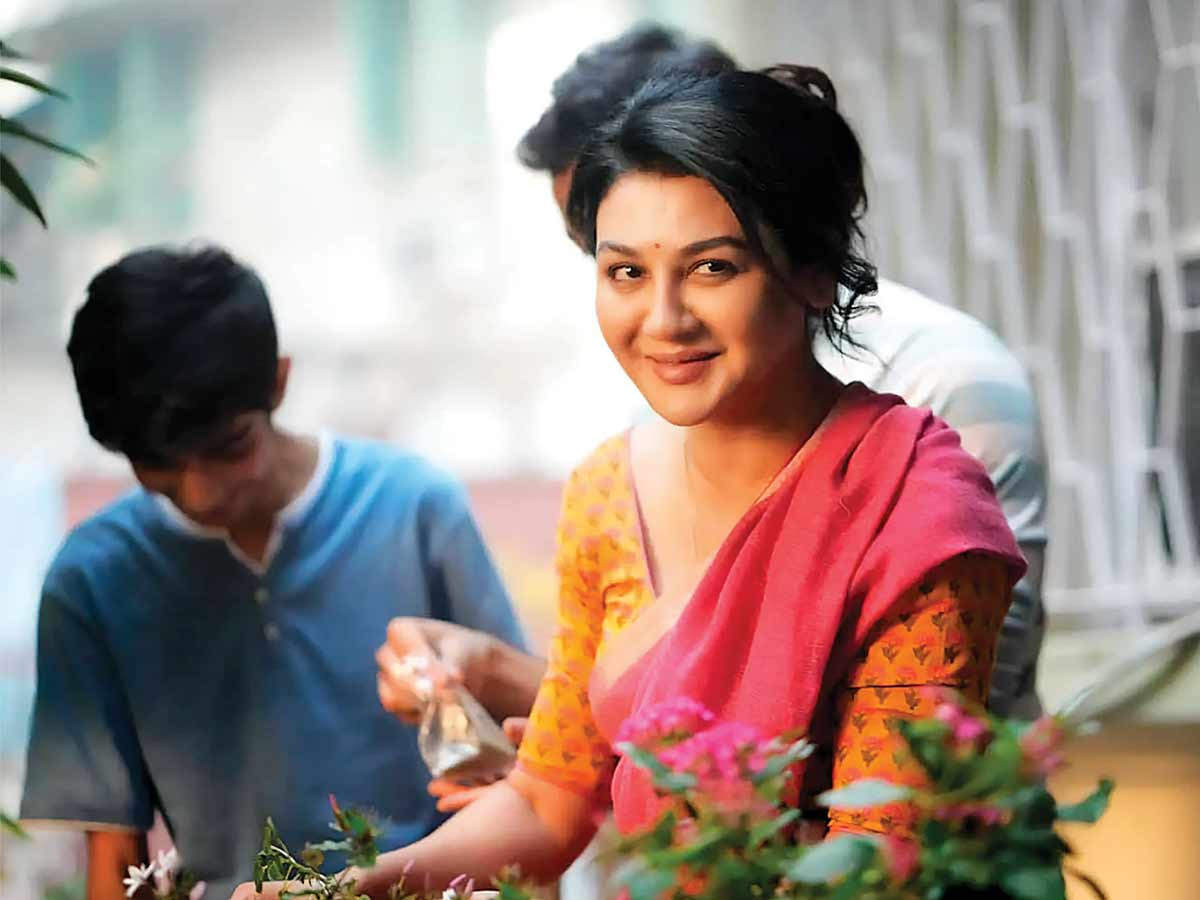
Your films Debi, Binisutoy and Bhalobashar Shohor, all reflect heavily on longing, loneliness and alienation. It seems like a pattern…
The work that we do, I term it madness. To have your emotional strength drained out and take it to that level on screen. If you notice my pattern, I want it to look natural not like it has been acted out. I believe in cerebral acting. Every character of mine comes across as refreshing and believable. I like films that are emotionally laden. The effort behind making it look natural is massive. When I did Bijoya, Bisorjon, or the sister in Ek Je Chhilo Raja, it was difficult for me. It hurt me and it’s tough to detach yourself. I had played the role of a sex worker in Tarporo Angurlata Nando Ke Bhalobashey. When I did that role, I lived in the biggest brothel in Bangladesh, which has 18,000 workers, for seven days straight. I understood how they deal with clients in different environments. There are kids there who are growing up. When I was leaving, I felt terrible for leaving them. When you said emotional films, I was reminded of it.
Debi, Guerrilla and Bisorjon are some of your most powerful and woman-oriented roles.
I want to be brave like Bilkis Banu from Guerrilla. I want to be mature like Naina in Kadak Singh. I want to be vulnerable like Renuka from Dubshatar. I often think that there are so many layers inside me off-screen.
Which of them are already there in you?
A little bit of this and a little bit of that. I will probably not recognise the person I was a year ago, as is the case with most people. I feel I’m emotionally stronger now. I have learnt to love myself a little more. I treat myself well. I used to live for others before.
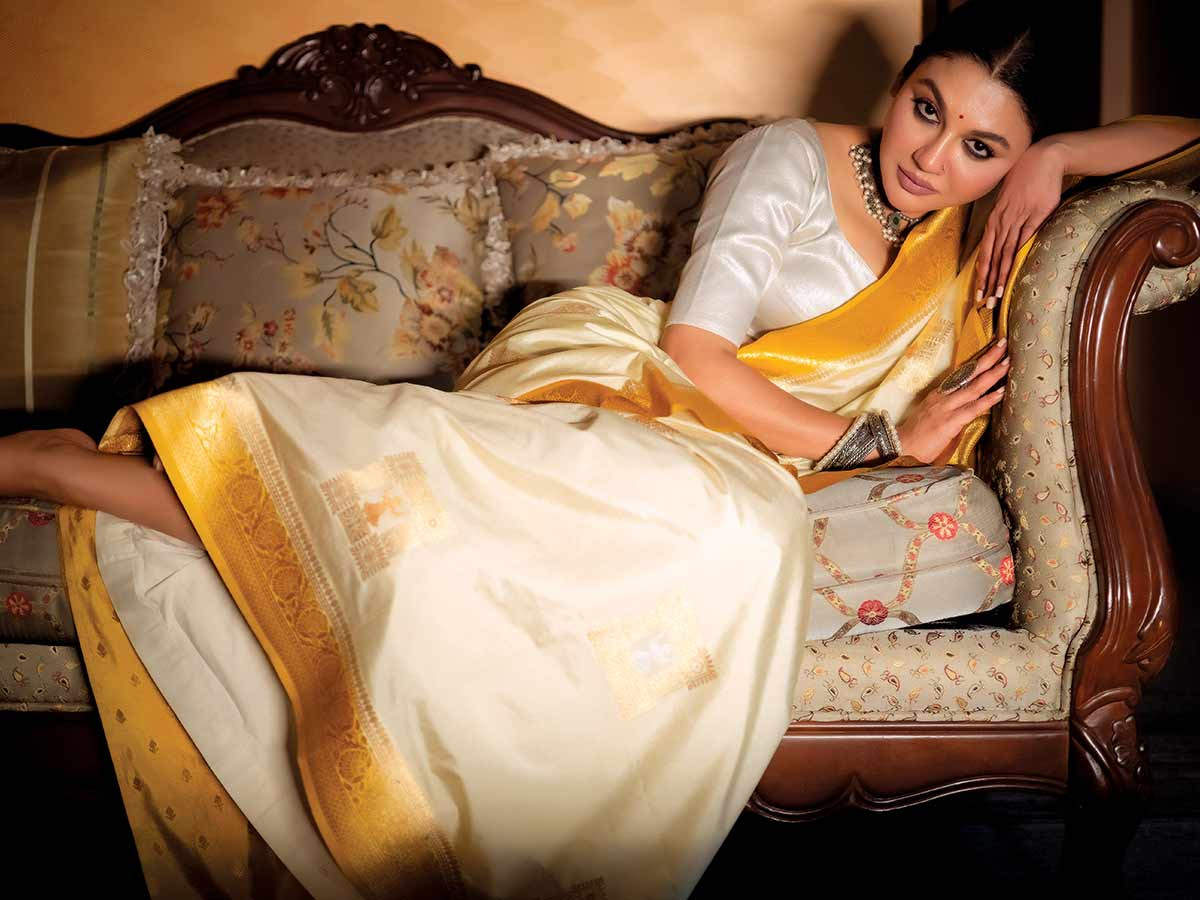
Tell us a little about your early life in Bangladesh.
I never had a plan or a roadmap. I always knew that even if I didn’t get into the film industry, I would’ve always done something to do with art for a living. I was good at my studies; but I was always inclined towards singing and painting; even acting, for that matter, is a collaborative form of art. But I had no connection to this world, nor did my family. I have never been to an acting school. The world of cinema and working in it was brand new to my family and me. I’m the first person in my family to take that plunge and hold my craft close to my heart.
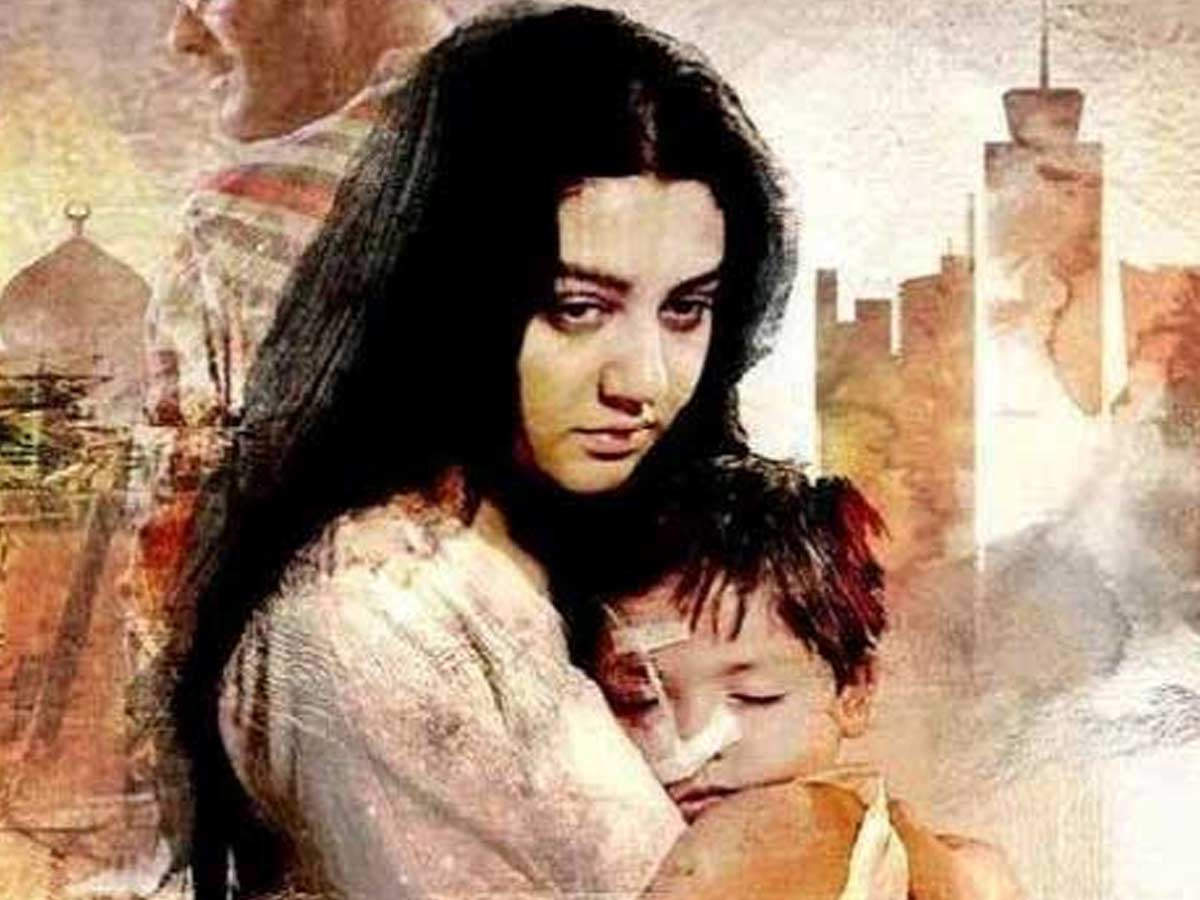
It must have been a big shift from a simple life to the entertainment world.
Not many people know, but my father, A. S. Maswood was a freedom fighter. He wanted me to join Foreign Services, but I had no interest in it. I was drawn more towards creative things and literary stuff. I wanted to pursue acting, and I have done extensive work in television. That medium was like a practice pitch for me. And I have learned by constantly doing work and honing my craft. I had no workshops or a theatre background per se. I paved my way because I had a process. In Bangladesh, the basic shape of the entertainment industry is missing. I did Bangladeshi television for almost five years before the advent of digital cinema. I did my second film Guerrilla for which I won a National Award. My first film was Dubshatar which to date is special to me. I was honestly bored with television. That’s when I made the switch to films. I felt movies would challenge me and hence I took it up. I believe in quality over quantity. That made it even more challenging, but it was a principle I did not let go of. I believe whatever film I have done has had significance in the film world. It was after watching my work on YouTube that a filmmaker from Kolkata reached out to me and that’s when the next move happened. He wanted to combine the seven characters of Satyajit Ray and make a film. That’s when Abarto happened. That was 10 years ago. It took a lot of convincing, but I did it because I was passionate about it.
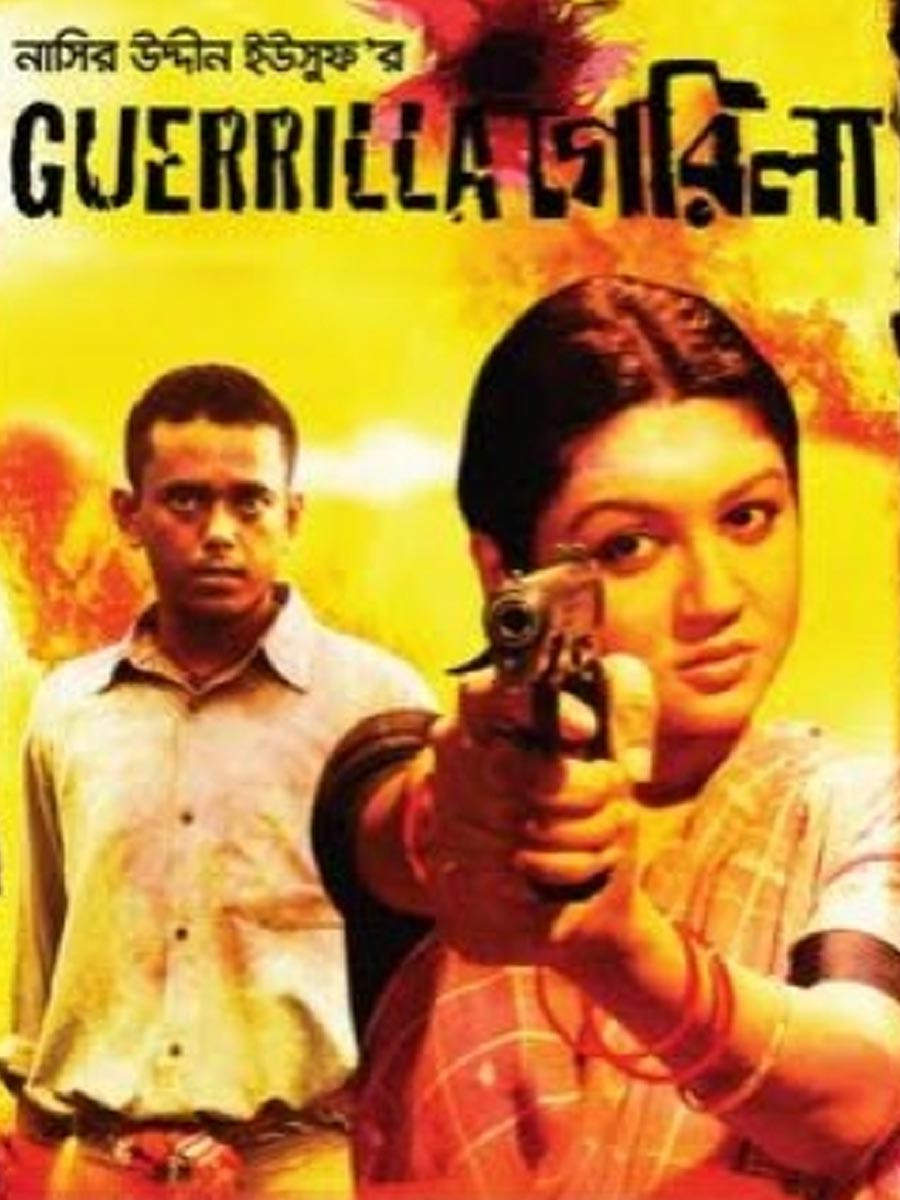
Having a freedom fighter in the family must have helped you to act in films like Bhalobashar Shohor and Guerrilla, which had war and Partition as their subject.
Of course. Especially the 1971 war, where India helped us in our war of Independence. My father had fought in it. But it was a fantasy, listening to those stories. Whatever I know about acting, it’s from my real-life experiences; I probably read a bit. That’s how I learn.
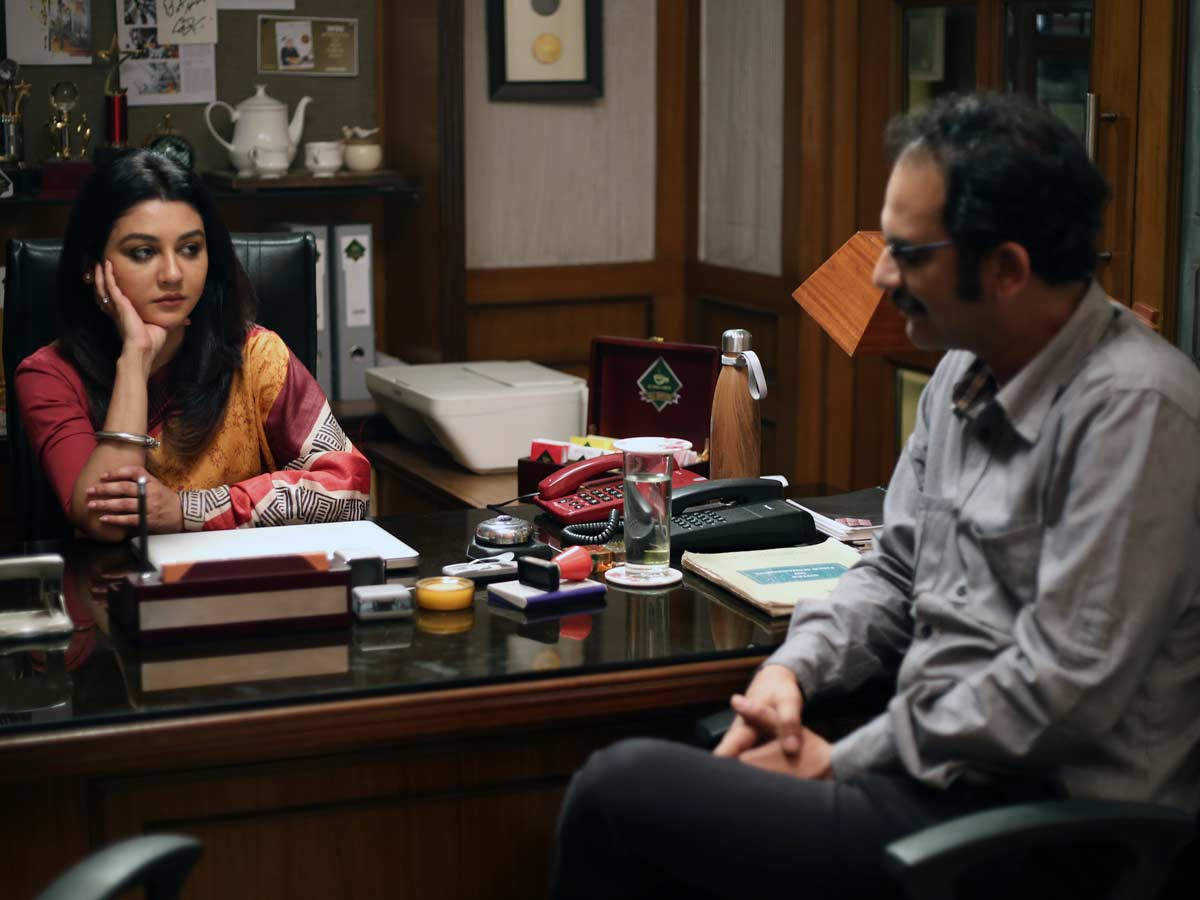
You went through a difficult divorce. What helped you cope?
Acting! Ups and downs are part and parcel of everyone’s life, as are struggles. That was the time I veered my entire focus towards my work. Usually, during such a time, a woman might almost get derailed from her focus for whatever reason. My work gives me solace and that’s why I love it so much. I have never been desperate about working constantly. I love my journey. When people appreciate it, I respect it.
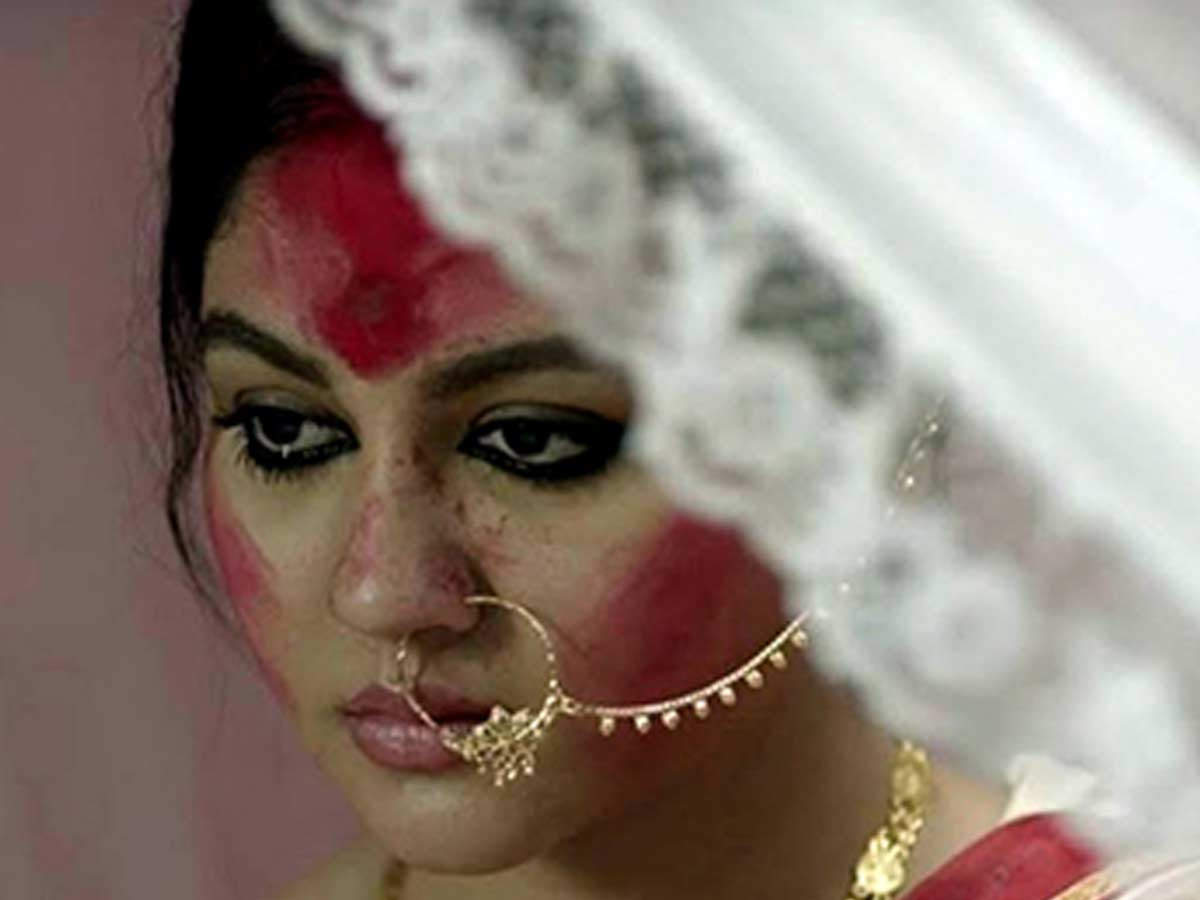
You’ve always been open about your personal life.
The audience always has a lot of curiosity about a public figure’s personal life. As a person and as an artiste, I have this mystery inside me. People have always wanted to know about my relationships and what’s going on. But I’ve always been a private person.
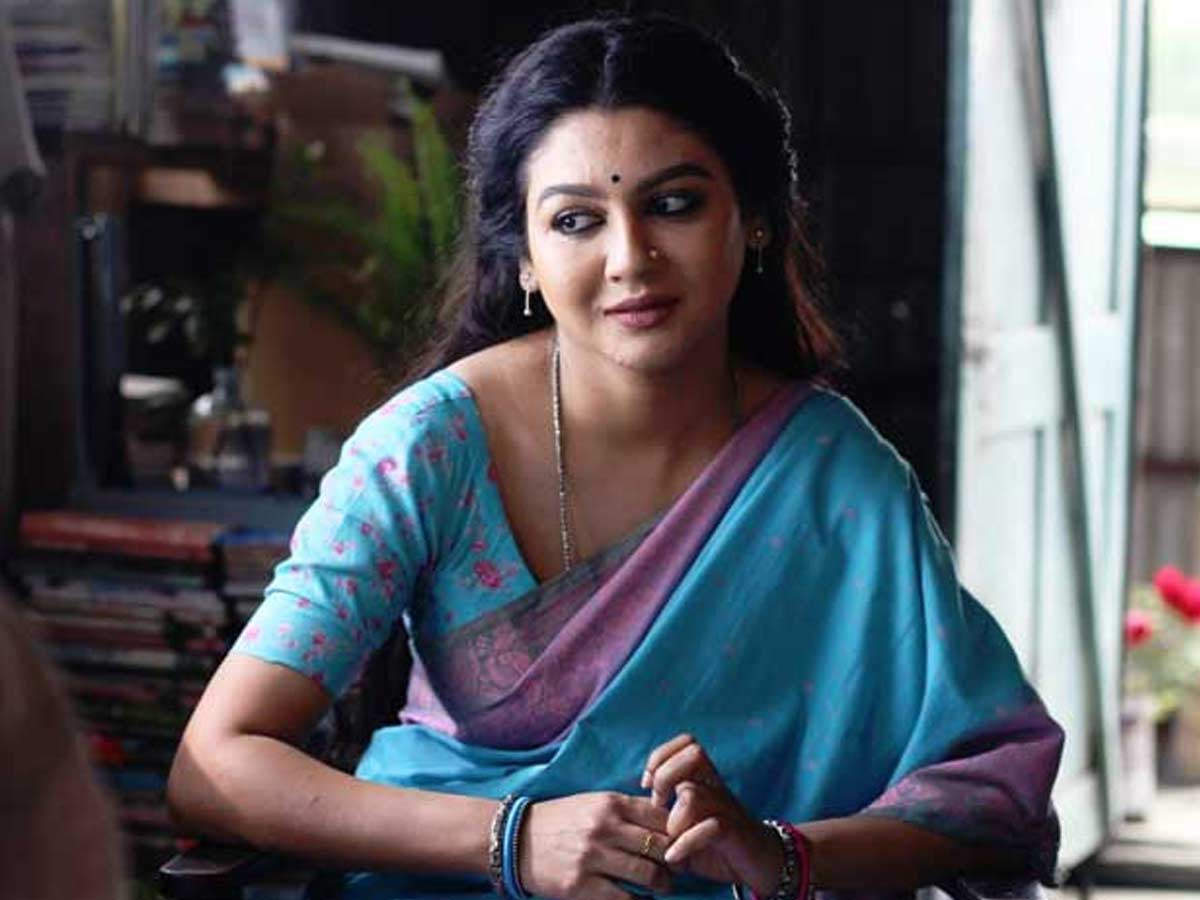
How important do you think it is to be self-reliant today?
Every person is different, and so are their needs. Every person needs someone to lean on. But I’m quite the opposite. I don’t need to do that, but I’m happy to be a crying shoulder for someone else. I do feel that it’s always good to have a partner. I can’t predict now that I’ll never have one again or that I will never get married. Generally, to be honest, marriage isn’t working great these days. When you get too emotionally involved in this context, it hampers work as well. I have severe commitment issues because I believe I am irresponsible. I’ll stay with you and everything, but if my work gets compromised, that’ll hurt me a lot.
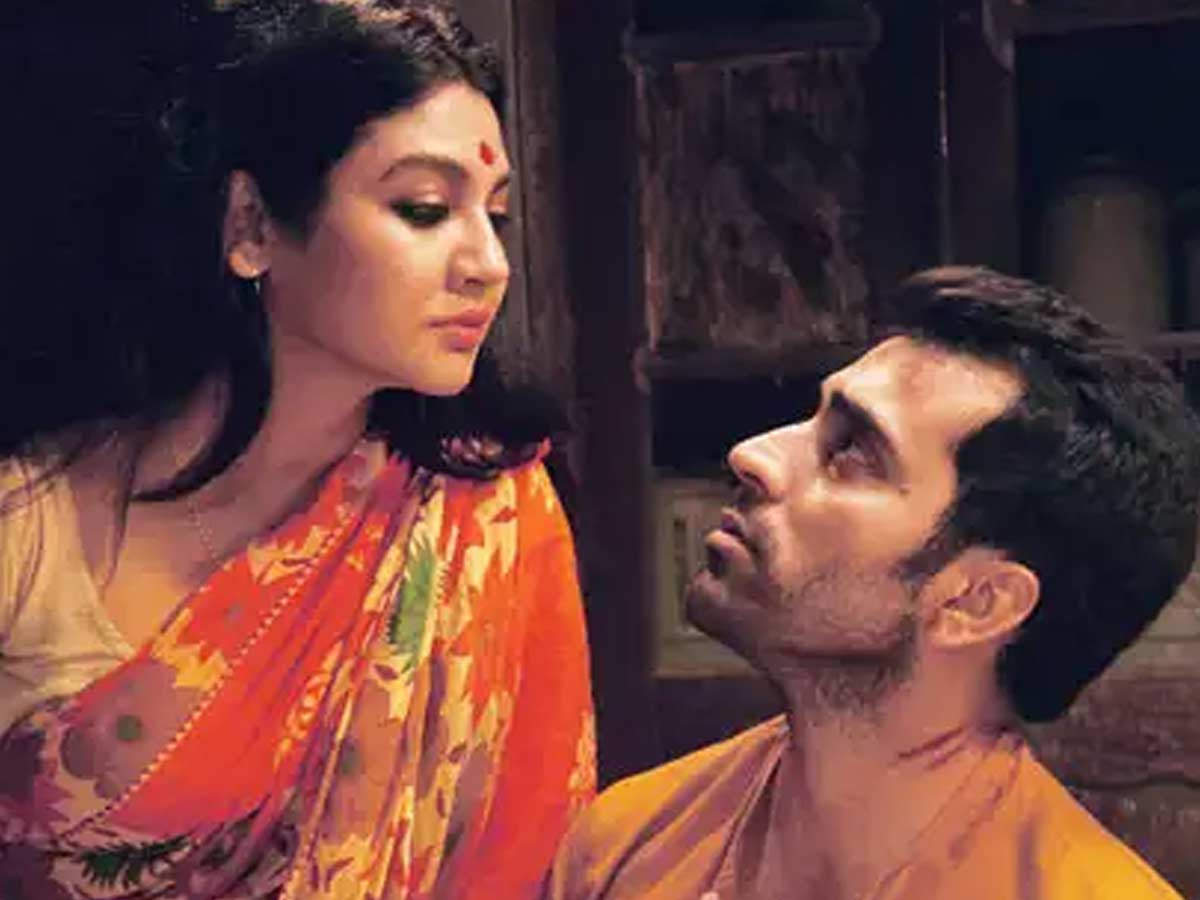
Is it a mix of both professional and personal struggles that pushed you forward?
Both. Professionally, I made the sudden decision to leave Bangladesh and come to India, working here and establishing myself. If you notice, the films that I’ve chosen so far have always premiered at prestigious festivals or have been acknowledged on a national level. I was never in a rush. But to me, being selective is also a struggle. I am from Dhaka. I started at a time when not many women were pursuing an acting career and I had to prove to my family and society that I could do it. Then I came to India and I had to prove myself all over again.
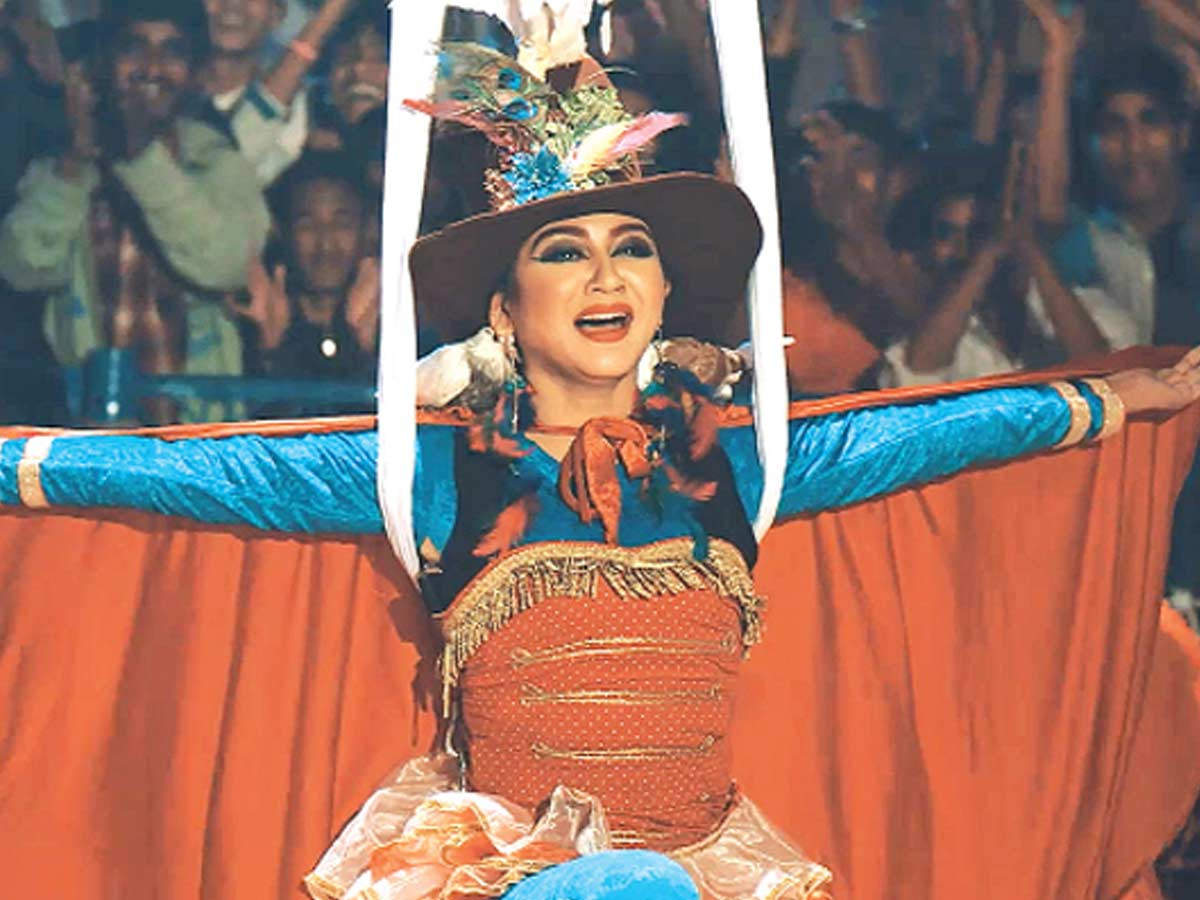
What has your biggest learning been from going through all these struggles?
If I’m asked about anything that I have done in life and would not repeat it if I got a second chance, I’ll probably say nothing. I have made a lot of mistakes in life, be it relationships or career graphs—plenty of wrong things and people have told me so. But I believe it always helps you grow. Every character and every real-life phase have taught me something, be it negative or positive. With that, I’m also going through a development. I am capable of absorbing everything. I have no regrets.

SHOW COMMENTS